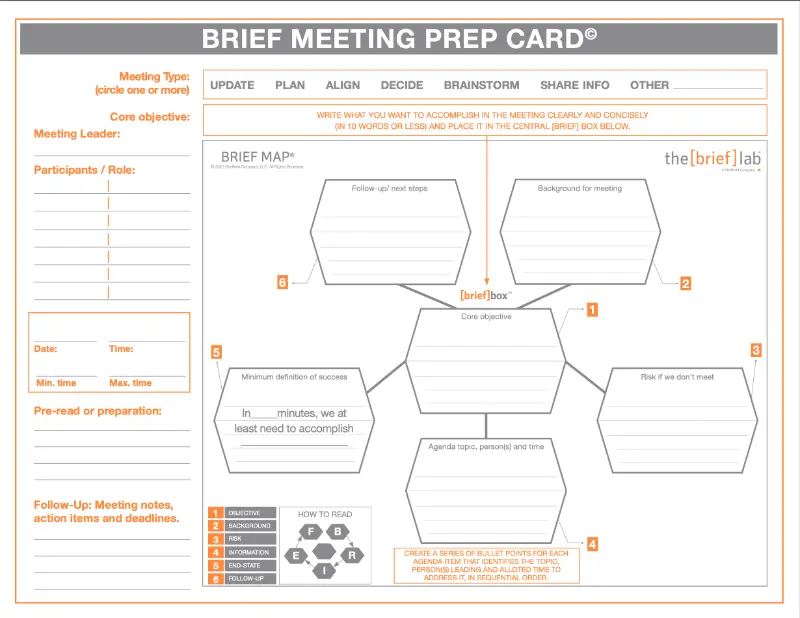[vc_row css=”.vc_custom_1531935675175{background-image: url(https://newtblsite.wpengine.com/wp-content/uploads/2018/07/study-time_t20_WQwZpm.jpg?id=11820) !important;background-position: center !important;background-repeat: no-repeat !important;background-size: cover !important;}”][vc_column][mk_padding_divider size=”420″][/vc_column][/vc_row][vc_row css=”.vc_custom_1531935715906{padding-top: 67px !important;}”][vc_column][vc_column_text]Think about the last few meetings you attended. How many people were there? Did everyone contribute in a valuable way? Did everyone even talk? Were people on their laptops and, if so, was it to take notes or to catch up on emails?
Most professionals I talk to report two kinds of people in their meetings:
1. Key Voices – Those who add to the conversation and help make decisions
2. FYIs – Those who are there to listen in case something relevant to them gets said
People recognize that the FYIs don’t really need to be there, but they almost always get invited anyway. There are a couple legitimate reasons for this:
1. They’re new and need to observe how the business works
2. They’re a junior person and it’s a development opportunity for them
But there are some less than legitimate reasons too:
1. Politics: “If they aren’t here, they won’t be on board later”
2. Uncertainty: “I’m not sure who from that team needs to attend, so I’ll invite all four of them and hopefully they’ll figure it out”
3. Collaboration: “I like to be inclusive and collaborative, so we’ll just invite them and see what happens”
The result is that most meetings have too many people in the room. This creates deadweight, kills productivity and leads directly to another really harmful trend: multitasking during meetings. See, people learn quickly when a meeting will be a waste of their time. But rather than skip the meeting, most people show up anyway…with their laptop.
We can blame them for this, but it likely isn’t all their fault. Many cultures even encourage this behavior. Someone who works during a meeting is labelled a “go-getter”. But someone who declines a meeting invite without a doctor’s note is likely to be called “a poor team player.” That’s messed up. No wonder 92% of survey respondents confess to multitasking during meetings.
So, what do we do?
Amazon’s Jeff Bezos uses a “2 pizza rule” to pare his meetings down to the people who really need to be there: he simply never calls a meeting where two pizzas couldn’t feed everyone. Good rule of thumb, though I’d argue a lot of meetings could be fed by half a pizza.
The point is, put a little bit more thought in before inviting the FYIs. Don’t let collaboration be an excuse to over-invite. Dare to think outside of the status quo. Leave someone off the list and then send them a carefully crafted email recap with relevant information (more on that to come in the future.) They’ll thank you in the long run. After all, you just gave them the precious gift of 58 minutes. And I don’t know anyone who wouldn’t want that.[/vc_column_text][/vc_column][/vc_row]

